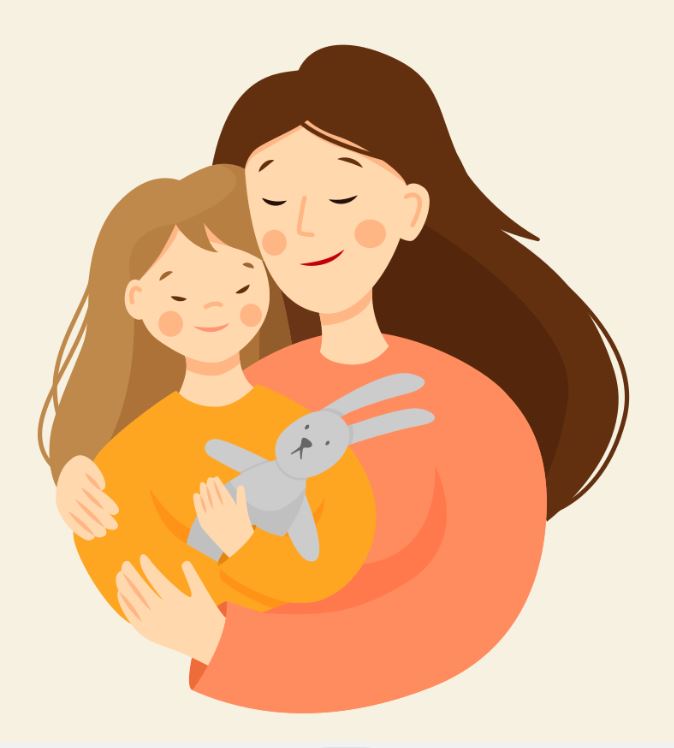Parenting can be very rewarding, but it also has its challenges. I love seeing my kids interact with the world around them and I try to expose them to opportunities, planned and unplanned, that will help them to learn and grow socially, academically, emotionally, and otherwise. If your family is like mine, their reaction to certain experiences, things they find difficult, sensory stimuli, or even something they know and have done a hundred times can be unexpected. Even the best planned outing, tailored just for your child, can come with a meltdown. And let’s be honest, being a parent can come with frustrations for us as well!

Emotional regulation is the ability to understand and manage our feelings and emotions. This skill is crucial for parents and children alike, as it helps us cope with stress, build positive relationships, and make better decisions. Emotional regulation doesn’t mean that we should avoid or suppress emotions, but rather that we have the tools to handle them in a healthy way.
The benefits of emotional regulation are numerous, from improved mental health to stronger relationships and better decision-making. But how can we enhance emotional regulation in ourselves and our children?
Tips for Enhancing Emotional Regulation
- Practice mindfulness: Each moment is a valuable opportunity to take a deep breath and appreciate the air filling your lungs and then releasing that breath back into the world. Life can get busy and sometimes overwhelming, but mindfulness brings us back to the moment. Remind your children to fully experience their breathing at least 5 times each day and encourage them to remind you to do the same!
- Model emotional regulation: Children learn by example, and you have several opportunities to model emotional regulation as they challenge your stamina. As they raise their voice, model calm speaking. As they overwhelm you with requests, remind them of a peaceful reality.
- Encourage self-care: Prioritize your health by reminding yourself and your kids of the importance of healthy schedules. Incorporate a schedule including adequate sleep, good hygiene, plenty of exercise, and the many components of healthy meal preparation. Self-care trumps immediate desires.
- Use positive self-talk: Calmly encourage positive behavior, especially when the behavior is clearly negative! Phrases such as “I can’t” can be transformed into “I want to learn”. Make sure you speak with confidence because your children will model your language.
- Practice problem-solving: “Mommy can you do this, that, and 10 more things?!!? Yes dear, I can, but you can too! Let’s make sure you are able to at least take the first few steps to achieve your goals!” One of my favorite phrases to use when I’m asked to do something I know my child can figure out is, “Use your problem-solving skills.”
Emotional regulation requires a solid understanding of who you are, and within the trials and tribulations of parenting, sometimes it is easy to lose the foundation of yourself. Each of the bullet points above are applied to YOU, and this gives you an opportunity to model these behaviors for your children. Of course, they will need some guidance at certain times, but most of what they learn will be based on what they see. You have the opportunity to model emotional regulation for them. Do the best you can for you, and you and your family will appreciate all the benefits that come with your work!


Leave a Reply
You must be logged in to post a comment.